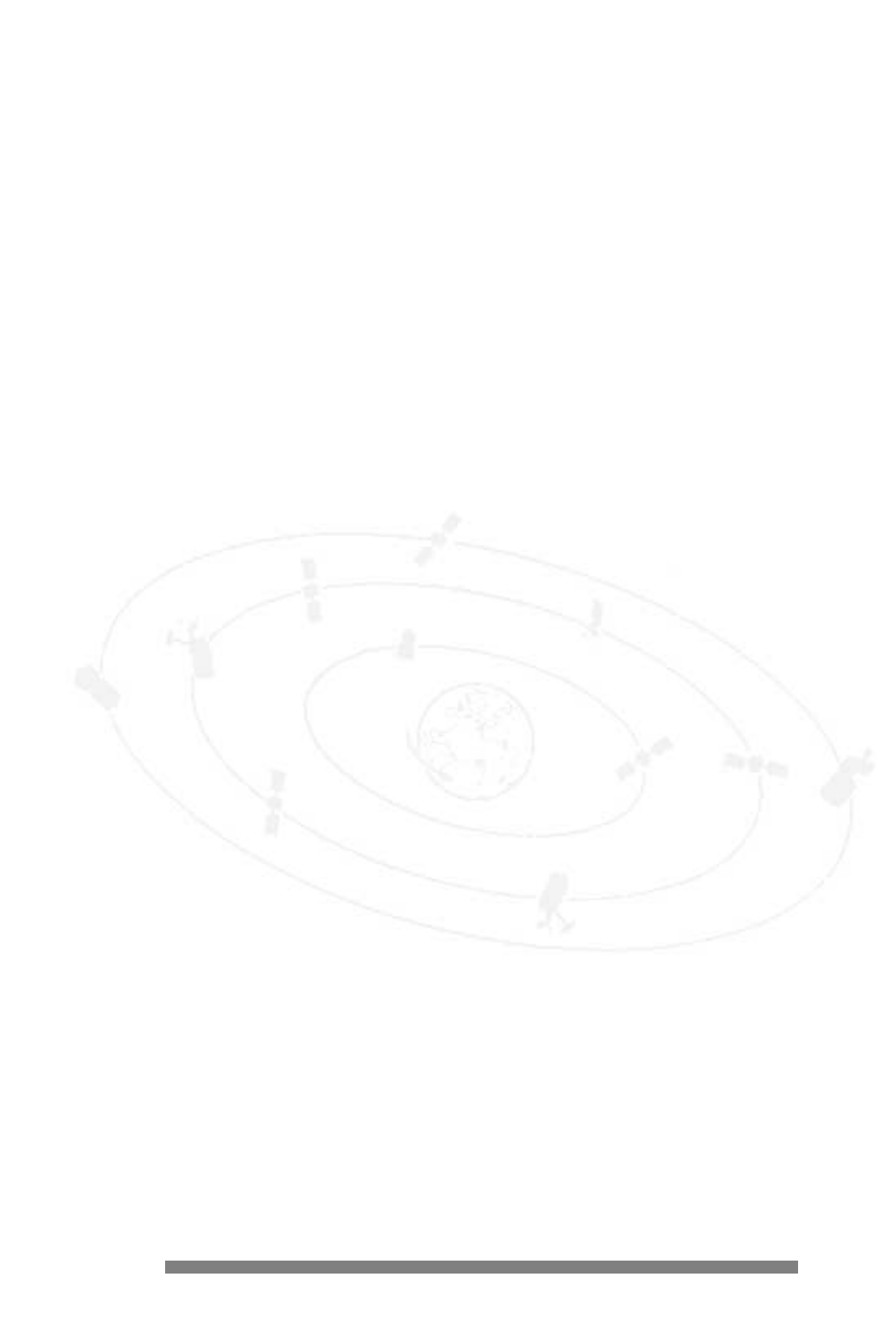
18
(3) VCR signal VCR signal from VCR unit to VCR SCART socket
In VCR play mode you can choose between {CBVS/RGB} or {YC} = S video for
connecting a SVHS video recorder.
(4) Picture format
If the {4:3} setting is set, all programmes are viewable in the 4:3 format
If the {16:9} setting is set, programmes transmitted in wide-screen format and also those
transmitted with the appropriate identification code are automatically viewable in 16:9
format.
However, automatic adjustment of the picture width is only effective if your TV unit is
equipped to process and display 16:9 formats (switching voltage 16:9 = 6 volts).
4.4.4 LNB settings
(1) LNB
{ON} standard setting
{OFF} operation without LNB signal (e.g. only with special cabling systems)
(2) In standby mode
{OFF} standard setting
N.B.: For certain units only use the {OFF} setting, as otherwise the receiver
continues to supply power to the LNB also in standby mode.
The power consumption of the receiver can thus increase from 2 watts to up
to 10 watts in standby mode.
{ON} The LNB power remains on in standby mode, e.g. to supply power to an
appropriate multi-consumer unit.
4.4.5 DiSEqC (Digital Satellite Equipment Control)
In the DiSEqC menu the control signals must be set in accordance with the requirements of your
satellite equipment.
(1) 22 kHz signal
{OFF} 22 kHz not active
{High/Low} 22 kHz switches between high and low band
{Pos. A/B} 22 kHz switches between 2 satellites
(2) Tone burst
{OFF}
{High/Low} activates the tone burst depending on the reception frequency
{Pos. A/B} selects orbit position 1/3 or 2/4
{Opt. A/B} switches between orbit position 1/2 and 3/4
(3) DiSEqC
{OFF}, {ON} Select {ON}, if you connect the receiver to a DiSEqC-compatible satellite
receiver.
(4) DiSEqC repeat (use for cascade arrays)
{OFF} no repetition of DiSEqC signal
{1} the DiSEqC signal is repeated once
{2} the DiSEqC signal is repeated twice


















